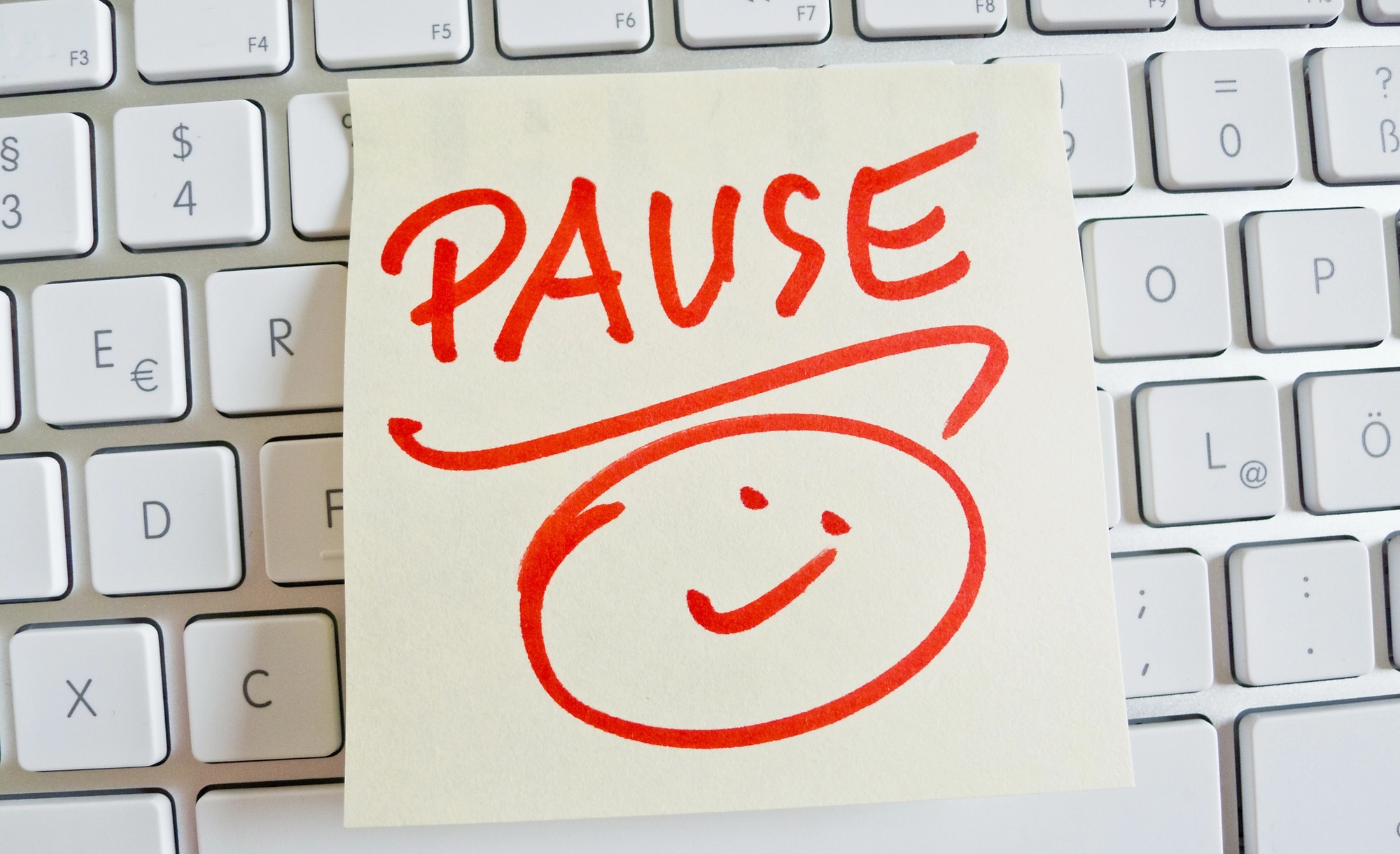“Did you watch the Oscars last night?” my friend Tony asked.
Even if you didn’t catch the 2022 Oscars, you probably heard about the incident. In the middle of the show, Will Smith walked on stage and slapped host Chris Rock across the face. Why? Chris made a joke about Will’s wife, Jada, and her shaved head.
Watching it unfold, I was stunned, like everyone else.
Later that night, Will won his first-ever Oscar for Best Actor for his role in King Richard. And his acceptance speech felt just as unsettling as the slap. He didn’t thank a single person. Instead, Will’s speech was a stream of consciousness about how he’s a “protector” for others, how everyone should be thankful to him, and how he’s called to shed light on others. Ironically, the spotlight remained squarely on himself.
Ozan, my husband, put it simply: “Perpetuating violence while millions are watching is never the right choice. There were so many moments when Will could have stopped himself—but he didn’t. And during his speech, he could have apologized. But he didn’t.”
Ozan shared what he thought would have been a more powerful response. Will could have said nothing in the moment, but returned to the joke in his acceptance speech. He could have said, “Chris Rock’s joke about Jada hurt me because what he doesn’t know is that Jada has a medical condition that causes her to lose her hair. Everyone has a story. We have a choice to lift each other up and treat each other with kindness, because you never know the whole story.”
That would have been a moment of humility and grace. A moment that could have taught us all something.
It made me think about how easily any of us can get swept up in our immediate reactions. How often we’re tempted to act out of our own hurt and anger. But what happens when we give ourselves a pause—a chance to really consider our response instead of reacting in the heat of the moment?
Anger, when left unchecked, can become a spotlight on ourselves, casting our hurt and frustration as the main act while leaving empathy and understanding in the shadows. But showing up with intention—choosing a response rooted in humility rather than ego—can shed light on the full story.
That’s the difference between reacting and responding. Reacting lets emotions drive the car, while responding lets wisdom and compassion take the wheel.
There’s a choice in every interaction to build someone up or tear them down. It’s not always easy—sometimes the “fight or flight” urge feels almost too powerful to overcome. But with practice, we can learn to step back, to breathe, and to remember that everyone has their own story, filled with struggles we may never know.
Maybe the next time we’re hurt or angry, we can pause long enough to make a choice that sheds light instead of casting a shadow. Because in a world that often rewards quick reactions and strong opinions, a moment of humility can be a quiet revolution.
In the end, it’s not just about what we say or do in that split second. It’s about the ripple we leave behind. When we lead with humility, kindness, and intention, that ripple can become a wave that lifts us all.
P.S. If you’d like to dig deeper into how you react and respond to situations, I offer individual coaching sessions. Find out more here.




